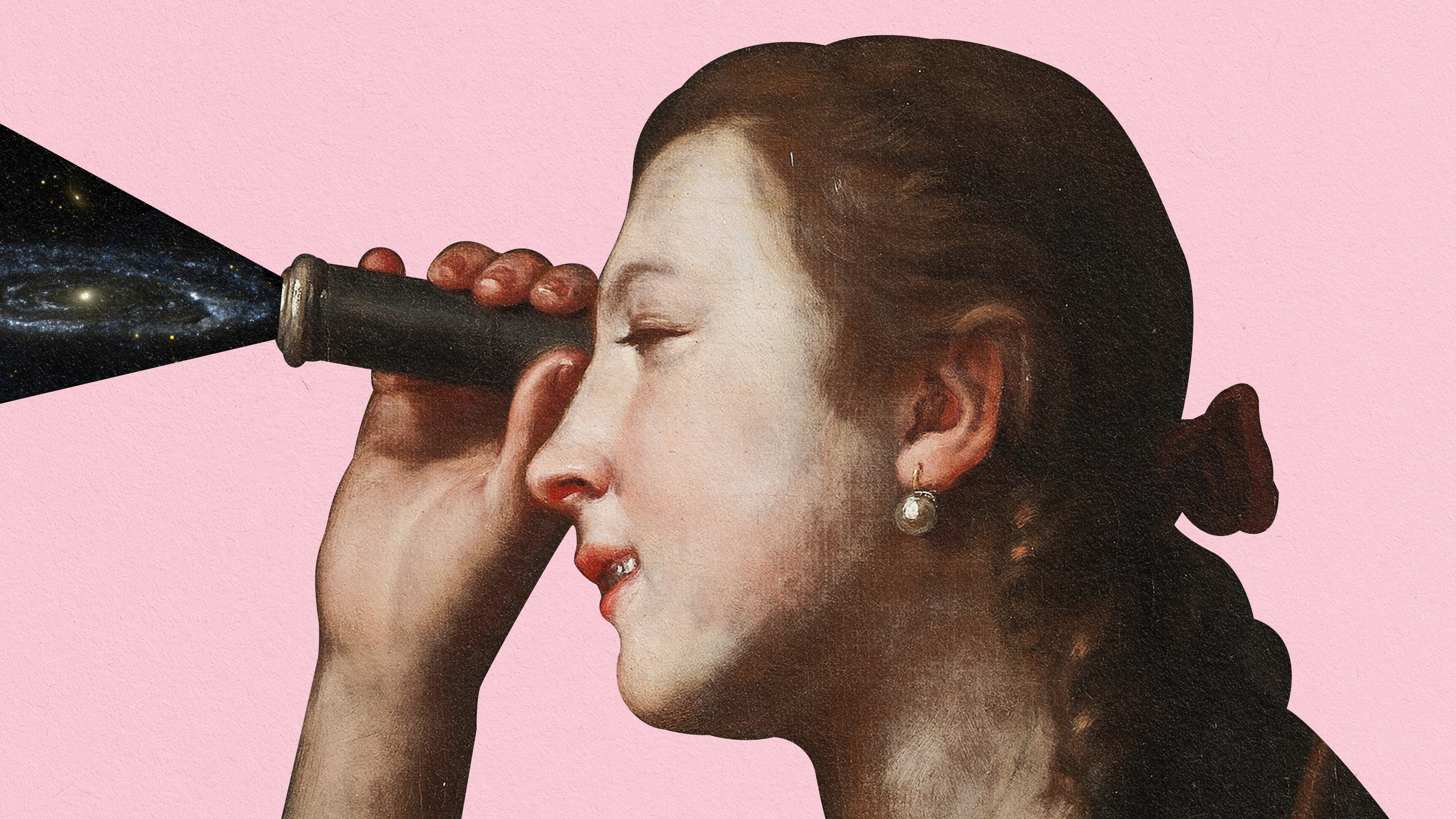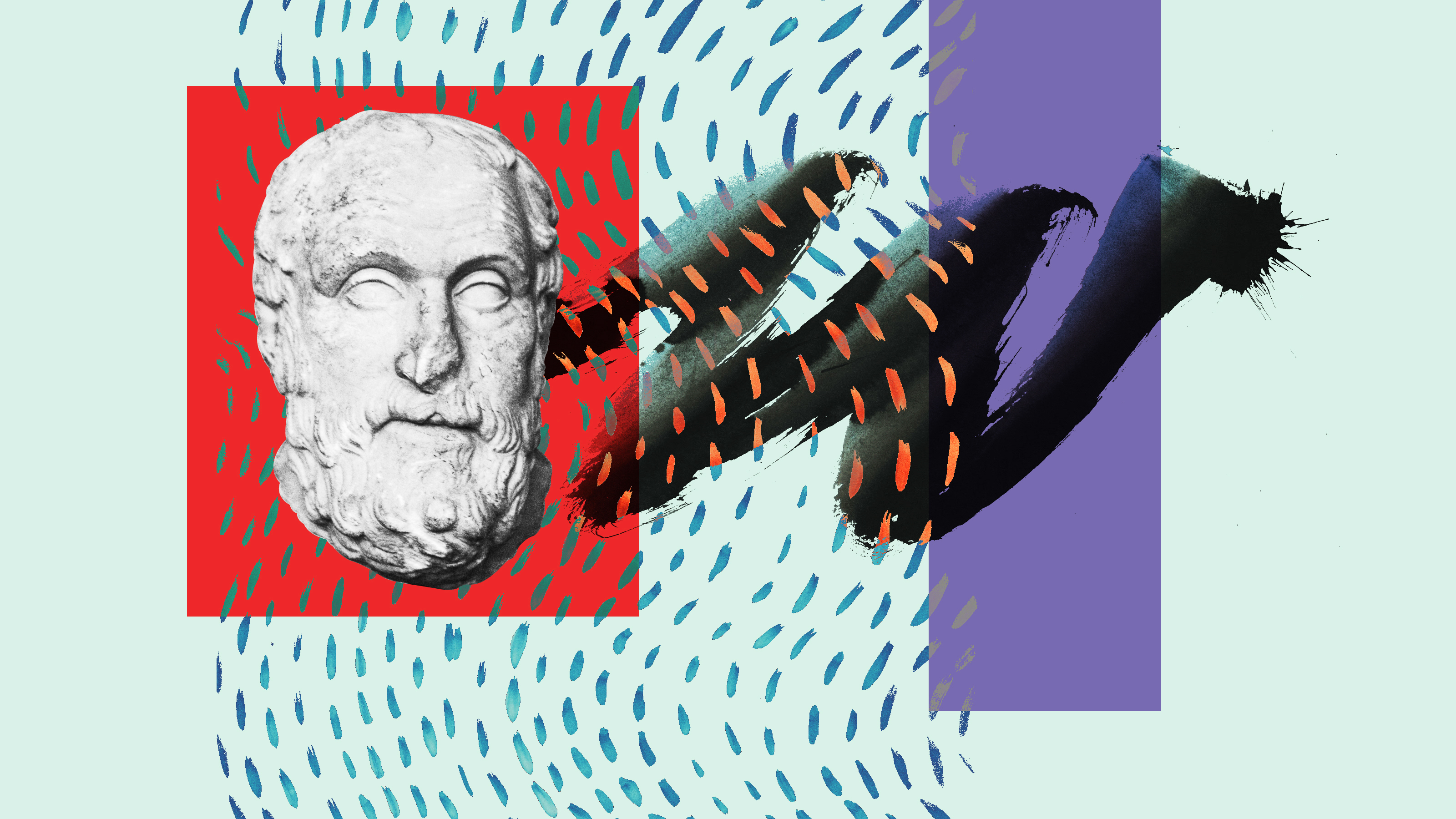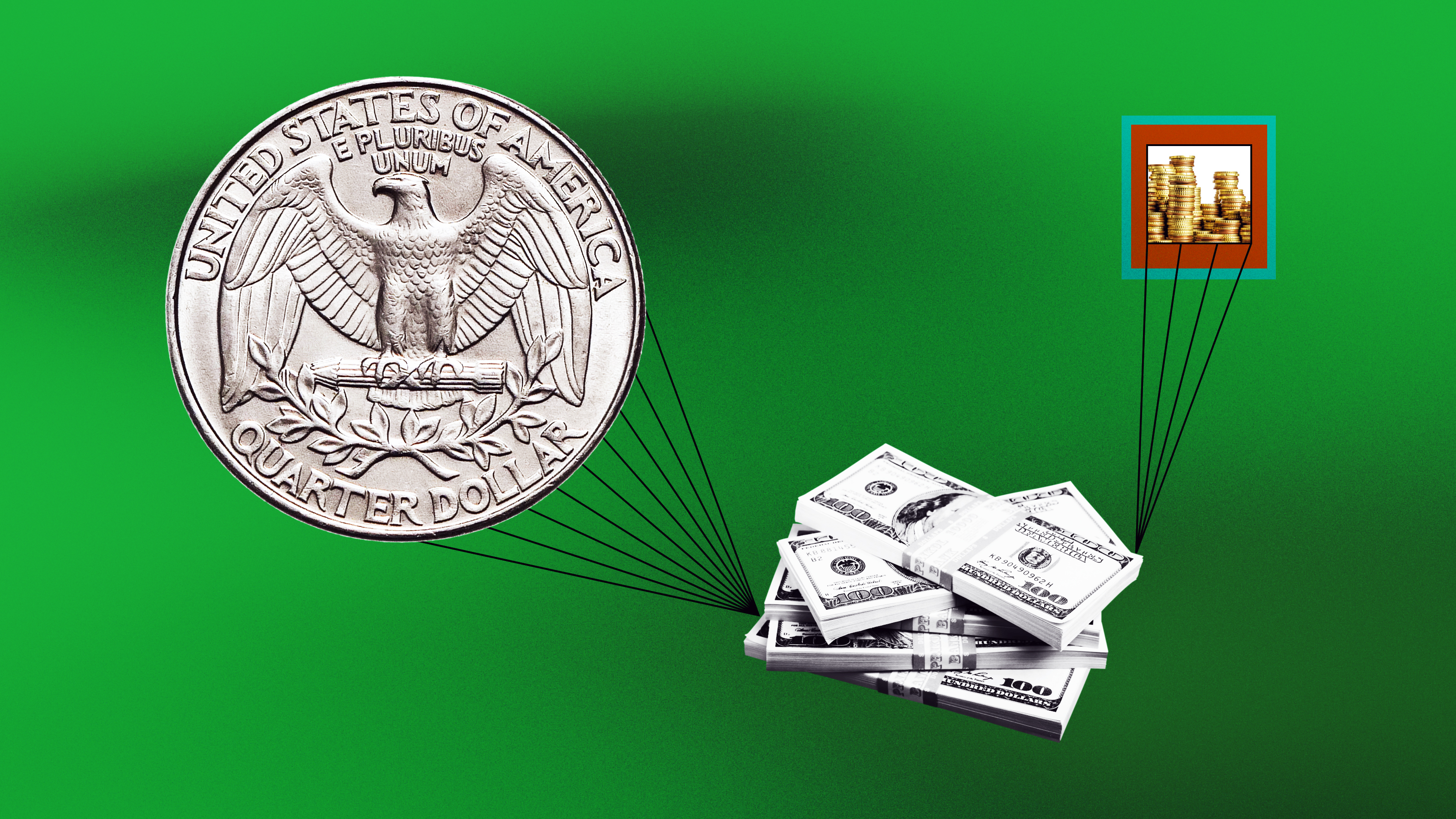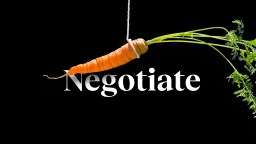critical thinking
Defamiliarization is a common tool in the arts. Here we learn how seeing things from a different angle can lead to billion-dollar success.
Could a theory from the science of perception help crack the mysteries of psychosis?
Talent wants to be free — but a safe company culture puts “the maze in the mouse” and shackles progress.
“Choose not to be harmed—and you won’t feel harmed,” advised Stoic philosopher-emperor Marcus Aurelius. He had a point.
Millennials — who were raised to expect unlimited success but found only disappointment — can be drawn to manifestation.
We can no longer approach the news as passive consumers.
The patron saint of calling BS, Harry Frankfurt, died watching his philosophy become more urgent than ever.
This two-time debate world champion gives three tips for constructing the perfect argument.
▸
1:13:43 min
—
with
His grandfather, a member of Oppenheimer’s atomic bomb team, foresaw the potential of nuclear energy to power cities — not destroy them.
Probability, lacking solid theoretical foundations and burdened with paradoxes, was jokingly called the “theory of misfortune.”
The idea is to study the thing itself — be it a work of literature, death, family, a car, a vaccine, or the hospital — without preconceived notions, trendy easy answers, or dogma imposed on it.
Scientists can make substantial progress without fully understanding exactly what they’re doing.
If you’ve found yourself befuddled by extraordinary scientific-sounding claims, you’re not alone. But this centuries-old lesson can help.
In the land of the double-blind, impartiality is king.
Learn to spot the scientists who are searching for the truth rather than money, ego, or fame.
Science news presents a flood of breakthroughs and discoveries that promise to change our lives. They rarely do.
Debate is a verbal sport with winners and losers. As such, it is less about the truth and more about who looks and sounds the best.
A proponent of panpsychism argues moral truth is inherent in consciousness.
Who — or what — really controls your mind?
Reject your Mental Map Oversimplifications.
The meaning of the cryptic text has eluded scholars for centuries. Their latest efforts include computational analyses seeking new insights into the medieval enigma.
Dive into a realm where time, space, and even reality itself are put into question.
Philosophers Massimo Pigliucci and Greg Lopez discuss how Stoicism can help us gain perspective on our emotions and act with intention in the world.
A recently identified stage of sleep common to narcoleptics is a fertile source of creativity.
“In order to seek truth,” Rene Descartes once wrote, “it is necessary once in the course of our life to doubt, as far as possible, all things.”
If a person stands little chance of ever being wealthy, perhaps playing the lottery is a rational decision.
“Whatever the mind can conceive and believe, it can achieve.”
Why the best negotiators are nice, not tough.
▸
7 min
—
with
Chess could perhaps be the ultimate window through which we might see how our mental powers shift during our lives.
Delay the instant gratification of online knowledge and first seek out the wisdom within yourself.





























